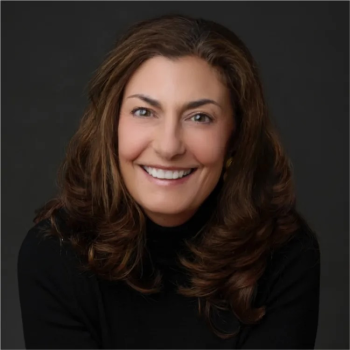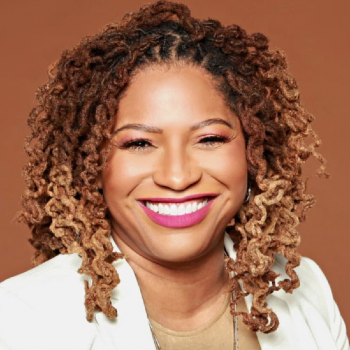Agenda
Unless noted elsewhere, all Annual Meeting events will be held at, or depart from, the Sheraton New Orleans. Don't forget, New Orleans is in the Central Time Zone!
Please note, a separate registration fee may apply for some preconference events, site visits, salon dinners and optional activities. You will be able to add these to you agenda when you register.
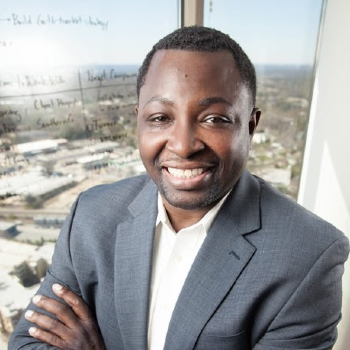
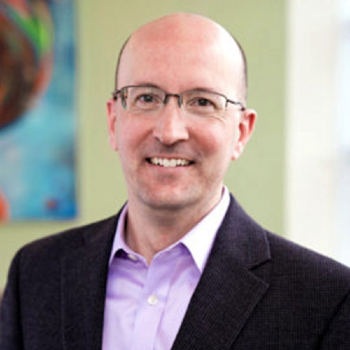
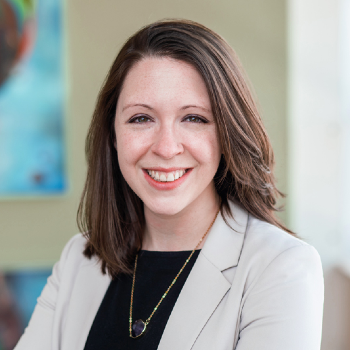
Preconference Events (7:30am-1:30pm)
The Conference on Investing provides a half-day of sessions dedicated to market trends, the latest investment strategies and different approaches foundations can use to maximize not only returns but also impact. The program will include an economic forecasting keynote and three additional sessions covering a range of topics! This preconference is a great fit for trustees, CEOs, CFOs, and other staff who engage with the foundation’s investments and finances. Includes breakfast and lunch.
Session 1: Philanthropy and Investment Stewardship during Uncertain times: Is this time different?
Amid today’s rapidly evolving political, social, and economic landscape, foundations are navigating unprecedented challenges in balancing immediate needs with long-term mission sustainability. Much like the COVID-19 pandemic and the social awakening of 2020, the sector now faces sweeping federal funding cuts, shifting donor sentiment, and existential legislative and regulatory threats – all of which present complex questions around governance, leadership, and investment stewardship. In this session, experts from Commonfund, alongside sector practitioners, will explore the latest trends and pressures impacting foundation strategy. Together, we’ll examine how to effectively steward mission-focused resources during turbulent times, including implications for risk profiles, strategic asset allocation, spending, liquidity, inflationary pressures, and donor engagement. Join us to explore actionable solutions and investment strategies that empower foundations to rise to the occasion, respond to uncertainty, and make a lasting impact.
Session 2: From Vision to Implementation: The John Rex Endowment’s Journey to Impact Investing
This session will explore how the John Rex Endowment is progressing on its path from a traditional investment approach toward greater mission alignment. Board and staff representatives, alongside Clearview Management and Bivium Westfuller (OCIO), will share the foundation’s journey from vision to implementation, including the RFP process, lessons learned, and key decision points. Panelists will reflect on what it takes to move a foundation into impact investing, how to identify the right investment partners, and what to expect after the transition. Participants will gain practical insights from a real-world example of a foundation actively working to align its investments with its mission.
Session 3: Getting to 100% Mission Alignment
This thought-provoking panel will challenge the conventional philanthropic dialogue on spending policies and manager selection. Rather than fixating solely on the 5% spending debate and traditional manager due diligence, let’s redirect our attention to the often overlooked 95% of funds within our endowments that enable our grantmaking endeavors. Participants will learn about adopting values-aligned screening for the foundation’s investments as well as how to expand the investable landscape to better support entrepreneurs who have historically been overlooked and underestimated. Participants will hear directly from impact investment managers that are engaged in reimagining, developing and driving innovative strategies to use capital and markets to build power.
Keynote: From Macro to Markets
In an environment shaped by evolving growth trends, inflation pressures, and shifting policy signals, foundations are rethinking how they invest. This session translates today’s macro dynamics into actionable insights, with a focus on how foundations are positioning portfolios across public and private markets to support long-term mission goals, spending needs, and portfolio resilience.
Cost: $250 for members / $350 for non-members
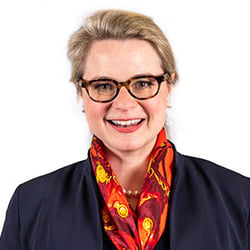
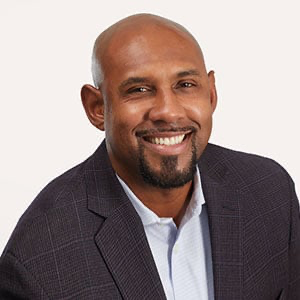
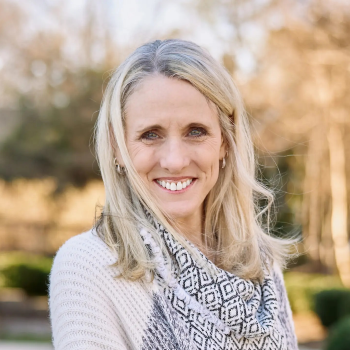
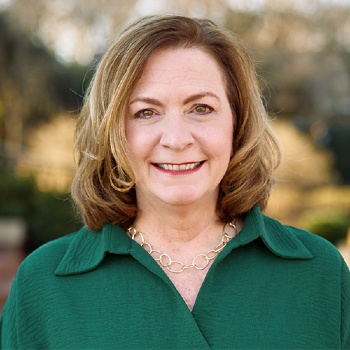
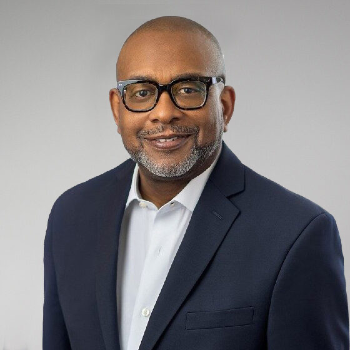
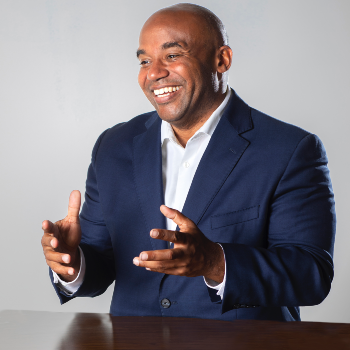
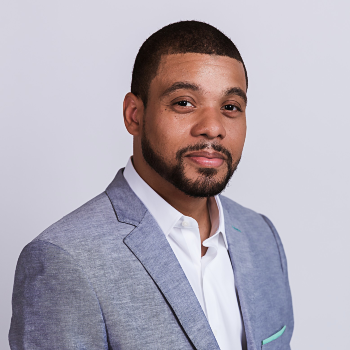
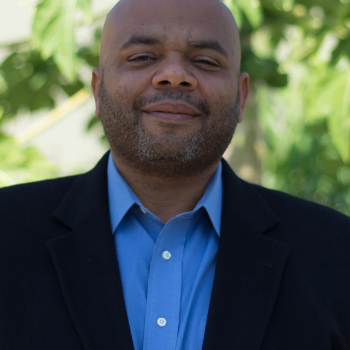
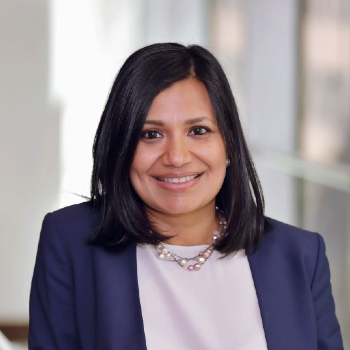
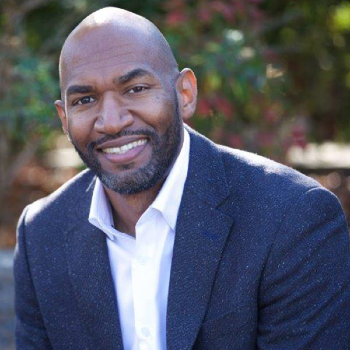
Step into the heart of New Orleans and explore Tremé, the nation’s oldest community of Free People of Color. This vibrant neighborhood weaves together a powerful legacy of history, culture, and the ongoing fight for economic sovereignty. Walk the storied streets and uncover the history of the Claiborne Corridor – once a bustling hub of Black-owned businesses and cultural life, tragically disrupted by the construction of the I-10 overpass. Learn the current work that honors and builds on this rich legacy from cultural arts and community development leaders who are advancing the community’s vision for the future. Come experience the spirit of the Tremé, where the past and future meet in a celebration of strength, determination and heritage. Space is limited!
Cost: $85

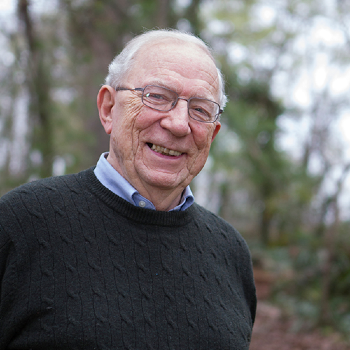


Join community foundation members for a generative conversation around one of the biggest challenges facing community foundations today – evolving their business model from a traditional “community bank” that raises, stewards, and disperses funds to transformational “community asset” that can successfully meet the needs of the greater community.
Sarina Beges, Associate Director of the Aspen Institute’s Program on Philanthropy and Social Innovation, will join us to present the recent report she co-authored, Evolving the Community Foundation Business Model of the Future: A Path Towards Sustainability and Impact. The presentation will include four areas of business model experimentations and seven recommendations for action, gleaned from conversations with community foundation CEOs, CFOs, vice presidents or directors of philanthropy, infrastructure organization leaders, and private foundation leaders.
Attendees will also hear from a panel of community foundation member CEOs of varied asset, staff, and endowment sizes who will share how they are experimenting with their business models to meet the moment.
Includes lunch.
Cost: $100
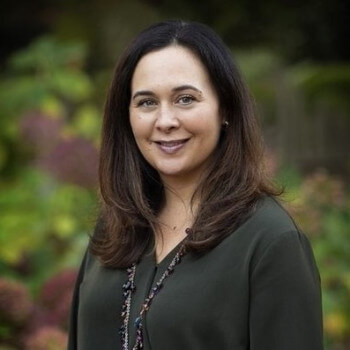
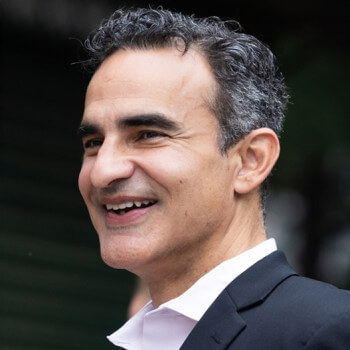
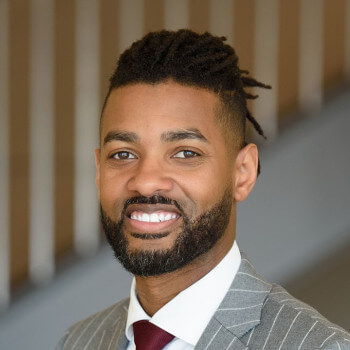
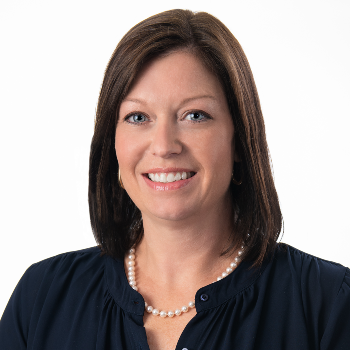
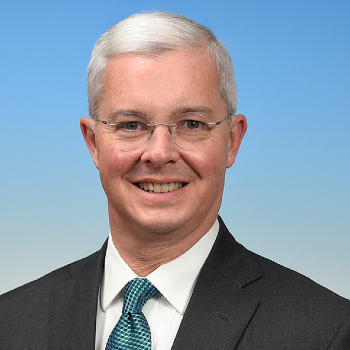
Note: When registering for this service project, you will select one of three departure times: 9:00am, 10:00am and 11:00am.
This year's service project will celebrate both the 25th anniversary of the Hull Fellows program as well as the legacy of its namesake, Bob Hull, and his commitment to environmental justice.
Volunteers will hop aboard the iconic New Orleans streetcar, taking the Canal Street Line from the Sheraton to the Lafitte Greenway, a 2.6-mile long linear park and multi-use trail in the heart of New Orleans. The Greenway opened in 2015 after years of community-driven support to turn a formerly abandoned railroad corridor into a public green space that connects an array of diverse New Orleans communities, including portions of the French Quarter, Tremé, Bayou St. John, and Midcity. The Greenway features a premier walking and biking trail and is the outcome of a democratic, volunteer-led effort to create a community asset anchored in equity.
Throughout the morning, you and other volunteers will help with gardening and other outdoor upkeep – so make sure you wear comfortable clothes that you don't mind getting dirty! Work will be directed by the Lafitte Greenway Partnership, a community-driven non-profit organization that works in partnership with the City and the community to ensure the Greenway develops into a safe, vibrant, and active park.
Volunteer-led groups will depart from the Sheraton lobby at 9:00am, 10:00am, and 11:00am. Please wear casual, comfortable clothes suitable for light outdoor work and close-toed shoes. A roundtrip streetcar pass and a t-shirt will be provided for each volunteer.
This year’s CEO Forum, facilitated by NCNG’s Sarah Mann Wilcox, will highlight collaborations that have built community and solidarity between groups – funder-to-funder, with and between grantees, or within entire communities. There’ll also be plenty of time for connecting and relationship-building with other senior executive leaders across the region. Includes lunch.
Cost: $100
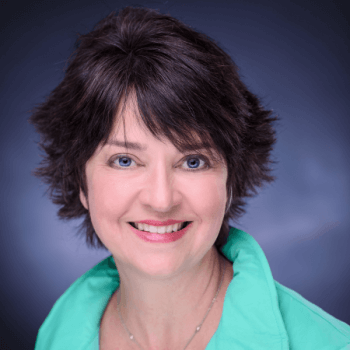

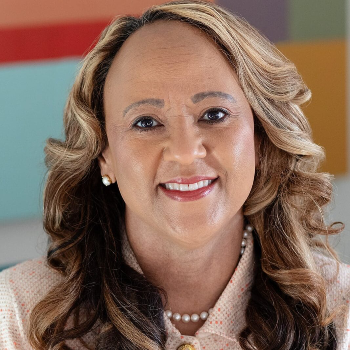
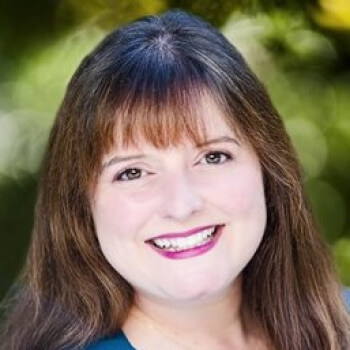
Join us for a conversation about the role businesses and business leaders play in the aftermath of disasters. Led by Louisiana Blue Foundation President Michael Tipton, our panel and discussion will focus on the different ways businesses have responded to disasters over the last several years and offer thoughts about how we call can prepare for the next disaster, whatever that may be.
Cost: $100
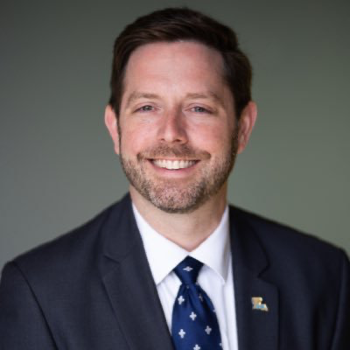
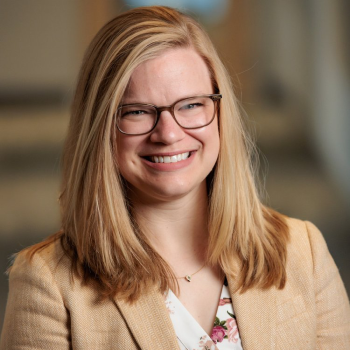

For those new to Philanthropy Southeast or the Annual Meeting, this is your chance to learn more about us, our team, our leadership and how you can get the most out of your Annual Meeting experience – and your Philanthropy Southeast membership!
Opening Session (1:45-3:30pm)
After a welcome to the Annual Meeting and New Orleans, 2025 Meeting Chair Flozell Daniels, Jr. will moderate a conversation focused on recovery from Hurricane Katrina 20 years after the storm devastated New Orleans and the Gulf Coast in Louisiana and Mississippi, exposing many pressing issues that long predated the disaster. This conversation will look at philanthropy's response in the years since, focusing on what we learned and how those lessons can be applied as climate change increases the frequency and severity of natural disasters throughout the region.
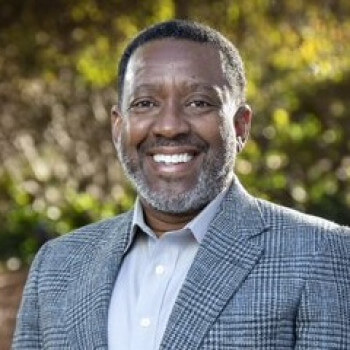
Breakout Sessions (3:45-5:00pm)
Cultivating leadership for a philanthropic organization often starts and, unfortunately, stops with a conversation around CEO succession planning. However, it is also important to think beyond the CEO role in terms of cultivating and supporting talent within and across other roles in an organization. In this session, we will share an actionable framework for encouraging and supporting leadership growth for philanthropic staff at every level. Workshop participants will explore a fresh, practical framework for growing leadership capacity across teams, regardless of role, size, or structure. Centered on the principles of the Know. Own. Lead.™ framework, this session will guide attendees to:
- Know their unique leadership identity through greater self-awareness and reflection.
- Own their voice and contributions by aligning with personal values and organizational purpose.
- Lead with clarity and intentionality across changing contexts.
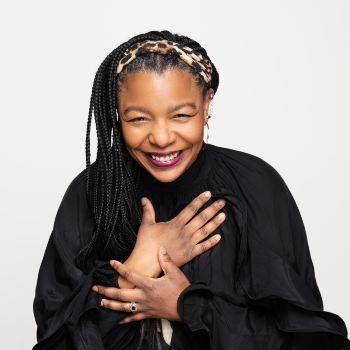
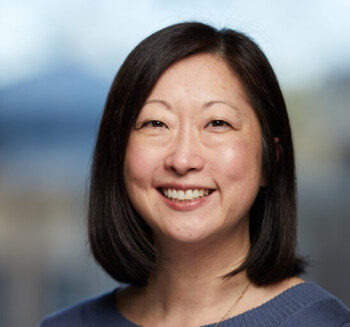
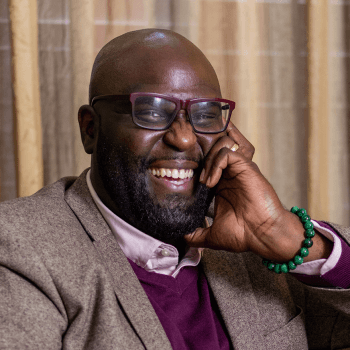
Futurism has inspired innovation, challenged artistic norms and influenced cultural thoughts and politics. Structured foresight techniques have been used in other sectors to anticipate trends, disruptions, and opportunities. What can philanthropy learn from this practice to shape, plan and design the future it wants to see and build?
In this session, participants will learn:
- What is strategic foresight and what does it require?
- Backcasting & using innovation
- Understanding wild cards and disruptions
- How to incorporate these conversations at the board level
- How have other industries done this? What has been the cultural and technological impact?
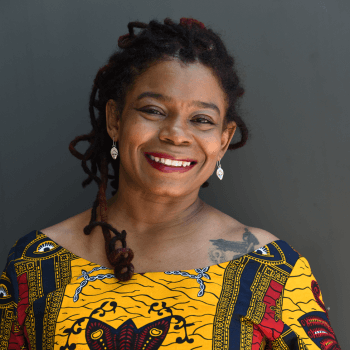
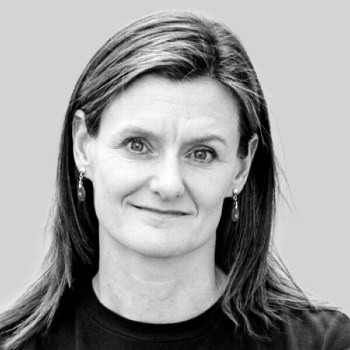
What does it take to create conditions in which young people don’t just survive – but thrive?
A variety of experts have been championing a new paradigm focused on the conditions that support youth happiness, well-being, and thriving in today’s complex world. This dynamic session will explore how philanthropy can meaningfully partner with youth and communities to co-create solutions rooted in belonging, meaning, well-being, and purpose, spanning digital and physical spaces. Drawing insights from the Aspen Forum for Community Solutions’ Belonging, Meaning, Wellbeing, and Purpose framework, Hopelab’s Responsible Technology Youth Power Fund, and the Winston Family Foundation’s place-based Project One Health initiative, the session will highlight models that go beyond traditional grantmaking and advance youth well-being in the digitally-influenced world that today’s youth inhabit. The models to be shared are culturally responsive, youth-centered, youth-driven, and lift lived experience, community voice, and systems change. Session participants will be challenged to rethink power dynamics to support youth to thrive and to cultivate conditions that center youth voices in philanthropic investments.
By the end of the session, participants will:
- Understand the key conditions that enable youth to thrive based on research and field-tested models from the Aspen Community Forum and Hopelab.
- Learn about innovative grantmaker practices that work and examples of theoretical frameworks in action.
- Explore actionable ways to shift philanthropic practices toward youth-led design, healing-centered engagement, purpose cultivation, and community voice.
- Experience intergenerational collaboration in action and hear directly from youth about how to best partner with them.
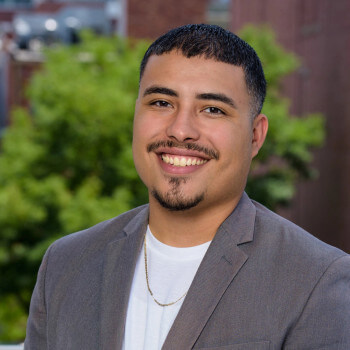
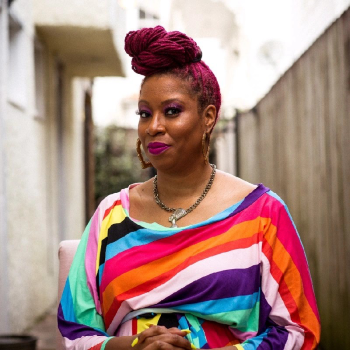
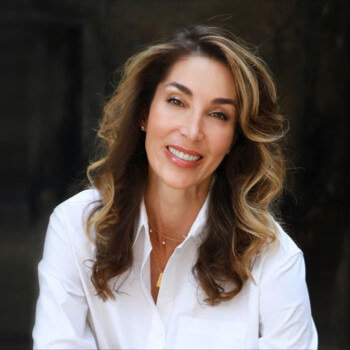
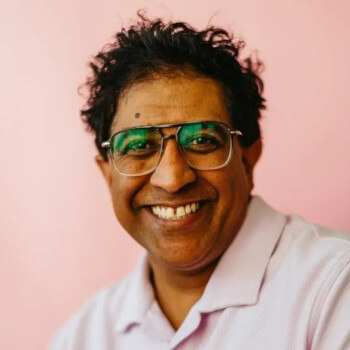
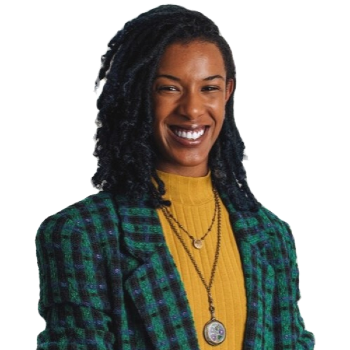
This session will address the latest public policy developments affecting philanthropy and the charitable sector. More details will be announced closer to the Annual Meeting.
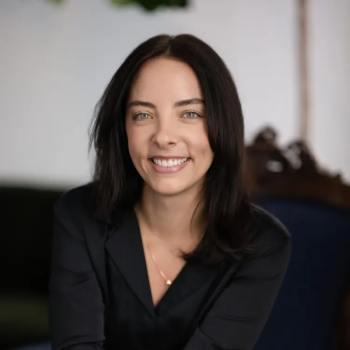
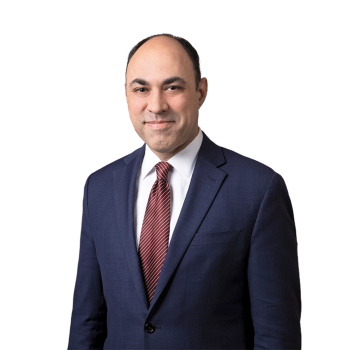
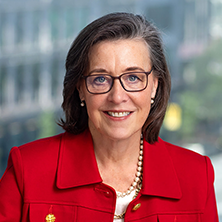
The American South is a region of deep complexity – rich in culture and resilience, yet marked by persistent inequities and systemic challenges. This session will offer a timely and multidimensional exploration of the region’s current landscape. Through a dynamic panel discussion, attendees will gain both quantitative insights – including data on economic mobility, education, health, and racial equity – and qualitative perspectives drawn from lived experiences and community-rooted work.
Moderated by Dr. Sherece West-Scantlebury of the Winthrop Rockefeller Foundation, this session will feature leaders from across the philanthropic and nonprofit sectors who are deeply engaged in advancing equity and opportunity in the South. Panelists will share emerging trends, regional disparities, and promising strategies that funders can support to catalyze systemic change.
This session will also:
- Contextualize the current social, economic, and political conditions shaping the South.
- Illuminate the intersection of data and narrative in understanding regional disparities.
- Highlight innovative approaches being led by Southern organizations.
- Equip funders with actionable insights to inform grantmaking and advocacy strategies.
Whether you're new to Southern philanthropy or a long-time regional partner, this is an opportunity to deepen your understanding of the South’s evolving story – and of your role in shaping its future.
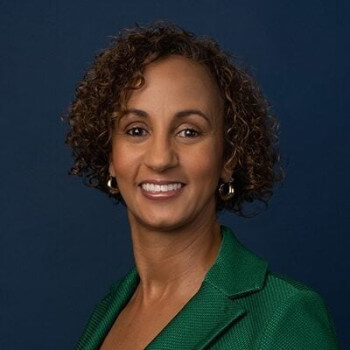
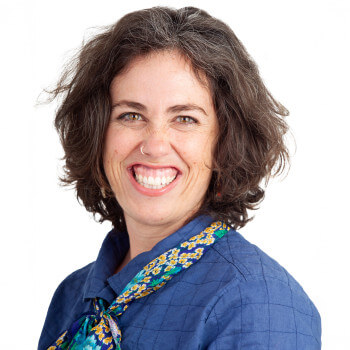
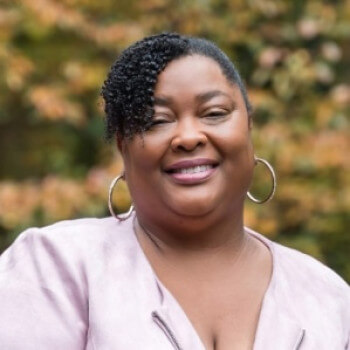
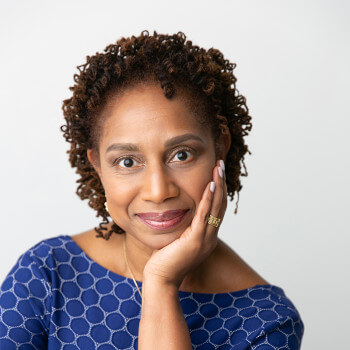
Is your community ready for hurricanes and other disasters? Effective disaster response and recovery requires blue sky planning that reinforces the likelihood that the community can rebuild and return to its previous conditions after a major disaster.
Whether the threat is a natural disaster, a disruptive shock, or an epidemic that amplifies persistent stressors, the philanthropic sector can play an important role in supporting resilience and recovery.
The threat of disruptive disaster is a “when, not if” for every community. Before the storm, how can you lead from your seat to improve your community’s blue sky planning for the next disaster? How can your philanthropy implement the best practices of business continuity and facilitate multi-sector collaborations to ensure your nonprofit and community partners are ready to respond and recover?
You will come away from this session with:
- Insights into creating effective blue sky planning policies and practices, from a philanthropic perspective
- Lessons learned from four disasters to apply to your community
- Best and next practices in blue sky planning, from an expert at the Center for Disaster Philanthropy
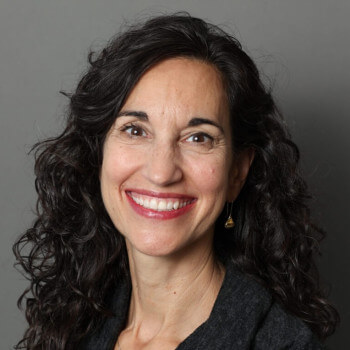
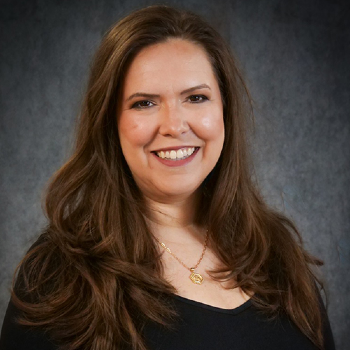
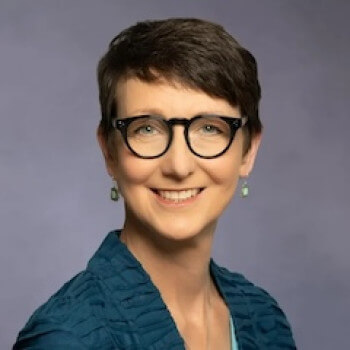
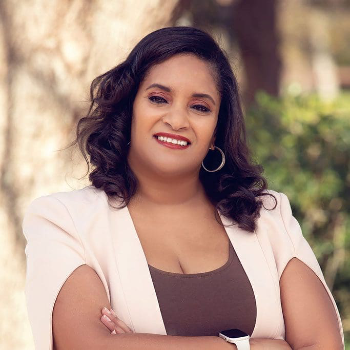
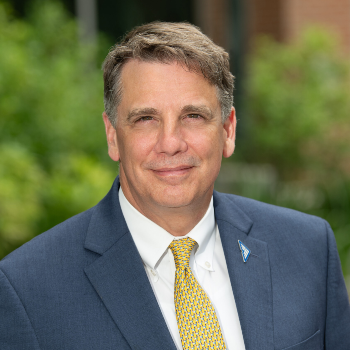
Evening Events (5:15-8:00pm)
Launched in 2000, the Hull Fellows program has since established itself as the premier philanthropic leadership development program in the Southeast. At this year's Annual Meeting, we will celebrate 25 years of the Hull Fellows, its impact on philanthropy and the hundreds of alumni who have completed the program over the years.
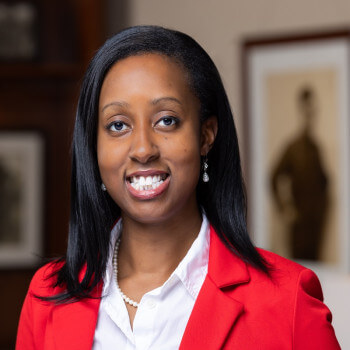
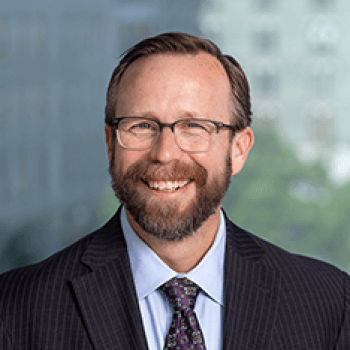
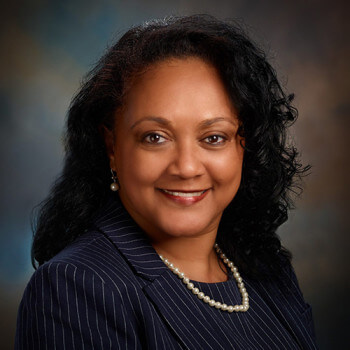
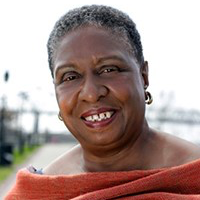
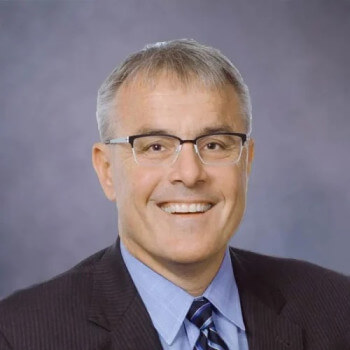
Newcomers to the Annual Meeting are invited to connect with our staff and Board at this informal gathering.
The first day of the Annual Meeting wraps up with dinner, conversation and entertainment!
Morning Plenary Session (7:30am-10:00am)
This year’s Business Meeting will include the election of new Trustees to the Philanthropy Southeast Board, a review of the past year from President & CEO Dena Chadwick, and reflections from Board Chair Darrin Goss, Sr.
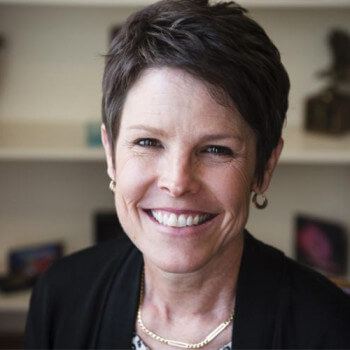
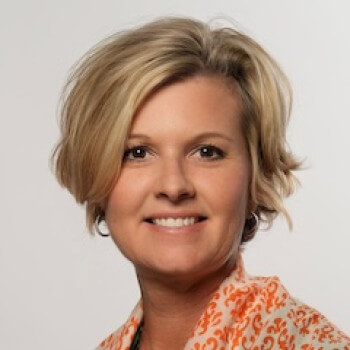
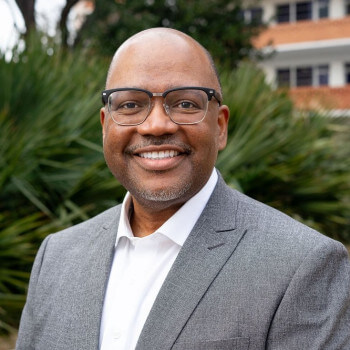
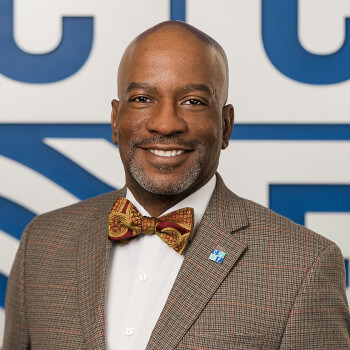
Raj Chetty is the William A. Ackman Professor of Economics at Harvard University and the Director of Opportunity Insights, which uses big data to study the science of economic opportunity: how we can give children from all backgrounds better chances of succeeding? Chetty’s work has been widely cited in academia, media outlets, and policy discussions in the United States and beyond.
Chetty received his Ph.D. from Harvard University in 2003 and is one of the youngest tenured professors in Harvard’s history. He has received numerous awards for his research, including a MacArthur “Genius” Fellowship, the John Bates Clark medal, given to the economist under 40 whose work is judged to have made the most significant contribution to the field, and Harvard’s George Ledlie prize, awarded for research that made the most valuable contribution to science, or in any way for the benefit of mankind.
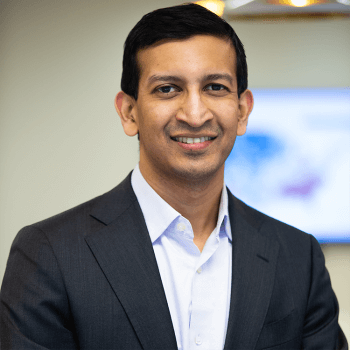
Breakout Sessions (10:30-11:45am)
Explore practical strategies for integrating artificial intelligence into your organization and daily workflow. We will cover how AI can enhance efficiency, streamline operations, and support decision-making across various functions. You will gain insights into real-world applications that can improve productivity and impact in your role.
Additionally, the session will address important considerations around governance, ethics, and policy that organizations must keep in mind when adopting AI tools. Emphasis will be placed on responsible implementation, ensuring alignment with organizational values and community trust. Participants will also examine innovative approaches to leveraging AI for donor engagement, helping build stronger, more personalized relationships with supporters.
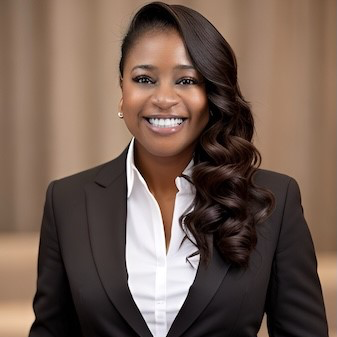
Strong communities need strong information. Whether it’s understanding local housing trends, tracking public health outcomes, or amplifying unheard voices, the ability to access and act on reliable data is essential. Yet for many communities, the path to trustworthy, timely, and useful information is fragmented.
In this session, we’ll explore how foundations can support and use data, journalism, and local knowledge to strengthen communities and inform change. We’ll look at what makes information trustworthy, who’s often left out of the information ecosystem, and how philanthropy can play a role in building more equitable, transparent, and informed communities.
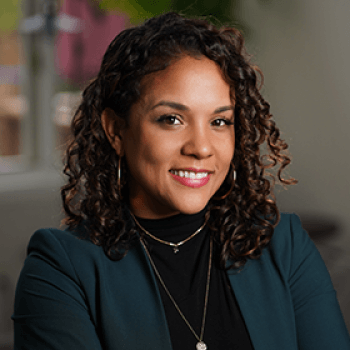
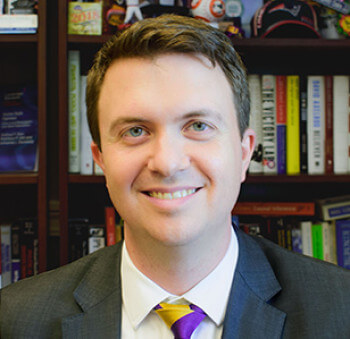
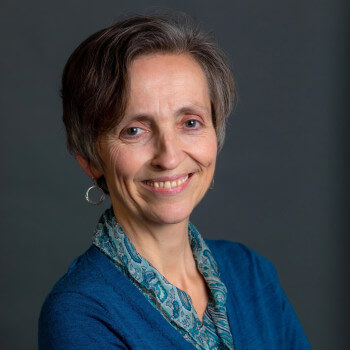
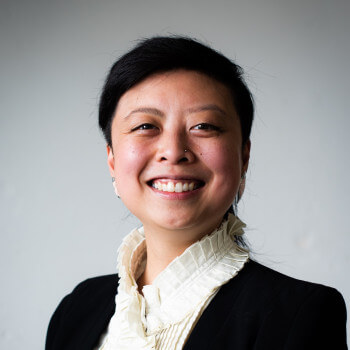
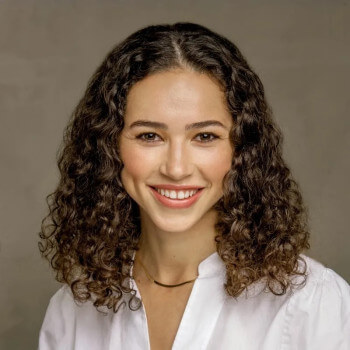
This interactive session will explain legal ramifications for grant-making (expenditure responsibility), as well as legal issues for specific funds such as donor advised funds, field of interest, designated, agency, scholarships, supporting organizations, and fiscal sponsorships. Key legal considerations for international granting, program related investments, and mission related investments will be explained. Modification of fund terms and variance power will be reviewed with emphasis on the Uniform Prudent Management of Institutional Funds Act. A summary of important policies will be shared such as for gift acceptance of all types of noncash and planned gifts, artificial intelligence, conflict of interest, and more. Questions will be encouraged to address additional legal issues of interest to attendees.
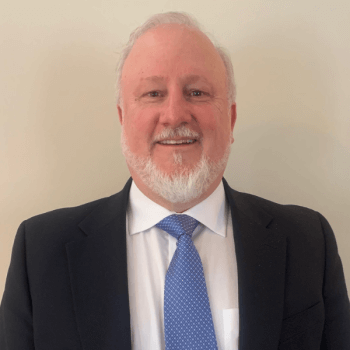
Join us for an engaging exploration of how foundations can play a pivotal role in building out the housing ecosystem to address the growing need for affordable and workforce housing. Panelists will discuss innovative funding models, public-private partnerships, and policy advocacy strategies that drive sustainable housing solutions in both rural and urban environments. Attendees will gain actionable insights on leveraging philanthropic capital, fostering cross-sector collaboration, and supporting community-driven initiatives to create long-term impact.
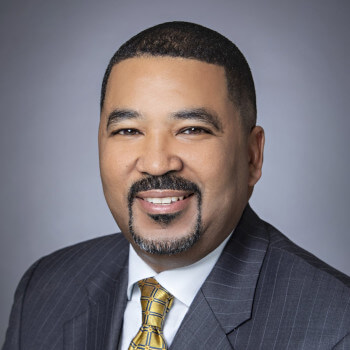
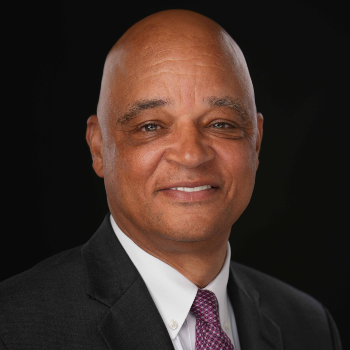
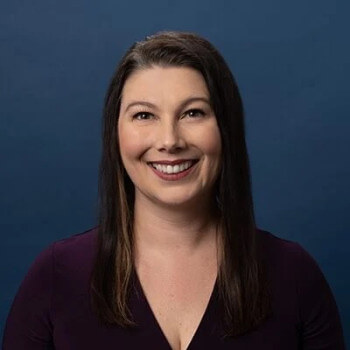
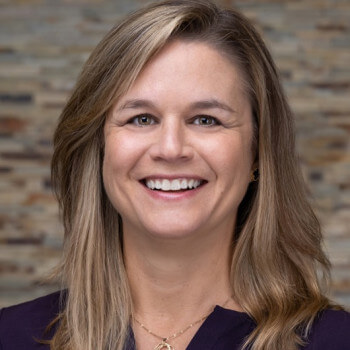
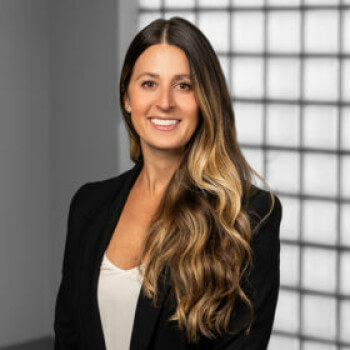
Family foundation governance – board practices and the culture they form – are the linchpin for principled, effective philanthropy. The need for more effective governance has taken on greater urgency in the face of societal challenges that call on grantmakers to be more aligned internally and collectively with partners and communities. This workshop is designed to help staff and board leaders collaborate to shift family foundation board practices and culture to deliver better stewardship and stronger partnerships. It’s co-presented by Grantmakers for Effective Organizations (GEO) and Giving Related, a research project sponsored by the National Center for Family Philanthropy Fellows Program. With the commitment to transform philanthropy, GEO has developed a learning initiative to support grantmakers who are exploring their governance practices, structure and culture as an important lever for change. Giving Related is exploring how giving families adopt/adapt useful governance habits to engage one another for more effective stewardship using field interviews with 30 family foundations. If you’ve been imagining new valued-aligned ways of working in service of your mission and are ready for a practical conversation about what it takes to change, this session is for you.
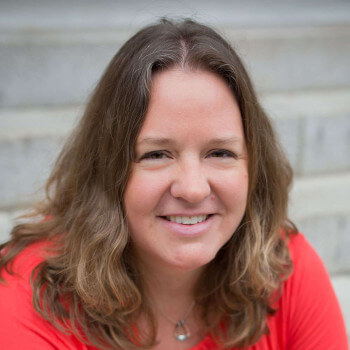
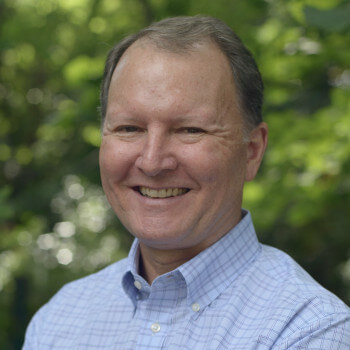
Older adults enrich families and communities with wisdom, experience and vital contributions. But as the social safety net in the Southeast and across the country is fundamentally restructured, the economic stability, health and well-being of older adults and the people who care for them is compromised. Threats and changes to longstanding public policies and investments that sustain these groups are set to have a devastating impact on communities throughout the American South. Caregiving, which faces the twin pressures of an aging Baby Boomer generation and rising life expectancy, is an exceptionally pressing concern. Without intentional intervention and investment, the United States’ long-term care system may tip into crisis.
This session will elevate critical policy issues facing older adults now and in the years to come, feature examples of how funders are strengthening the care infrastructure across generations, and speak to what is required from philanthropy to develop a collective call to action that honors the dignity and preserves the well-being of older people and those who care for them.
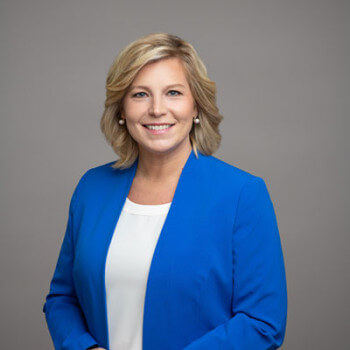
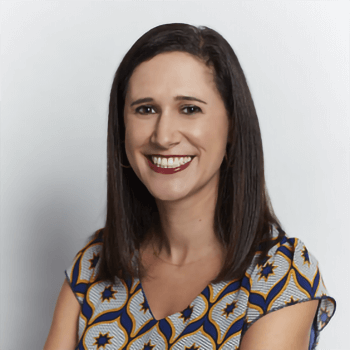
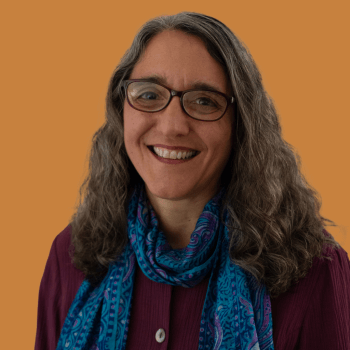
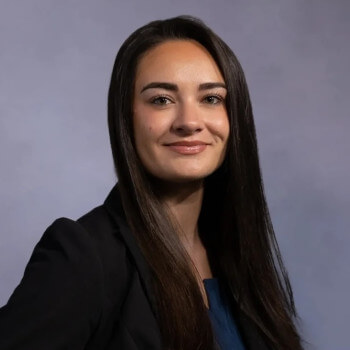
Afternoon Plenary Session (12:00-2:00pm)
During lunch, we’ll provide space for members to connect in informal affinity groups around the day’s leading topics. We’ll offer tables based on roles, foundation types, funding focus areas, and more. If there is a table topic you’d like to suggest, please email S.E. Spencer Keziah at s.e@philanthropysoutheast.org.
As the Hull Fellows program marks its 25th anniversary, a panel comprised entirely of Hull alumni will discuss how the program enabled them to serve as courageous leaders, what is needed in philanthropy today and how we can best serve our communities.
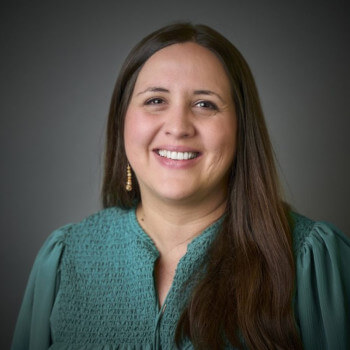
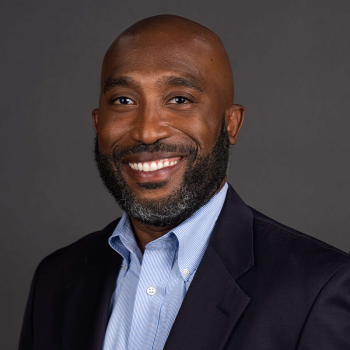
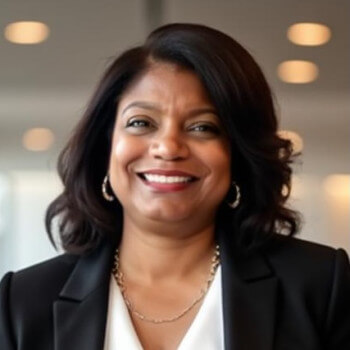
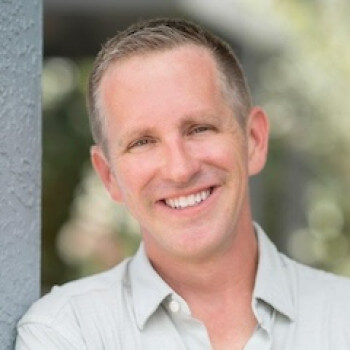
Breakout Sessions (2:30-3:45pm)
Disasters encompass more than just weather-related events. They include natural and human-caused disruptions that can severely impact communities, can manifest in a variety of ways, ranging from water crises to hospital closures, and can happen with little to no warning. This session will discuss some of those disasters, plus the importance of knowing what steps to take to help your community ensure readiness during a disaster and plan for recovery.

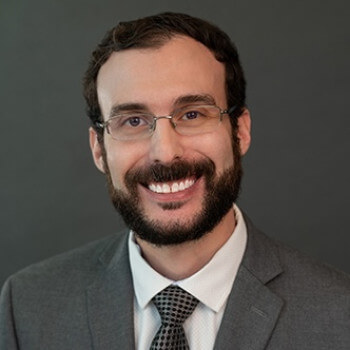
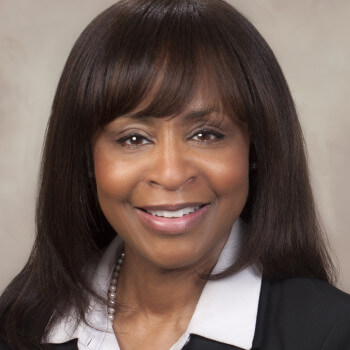
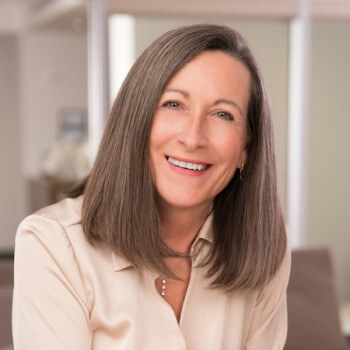
Join members of the 2025 Janine Lee Learning and Leadership Collaborative for an interactive conversation about their collaborative experience and perspective on the role of philanthropy in creating a more equitable society. This session will highlight innovative thinking and perspectives from the Collaborative’s graduating class and include facilitated discussions for all attendees to consider key questions about courageous leadership and equity in philanthropy.
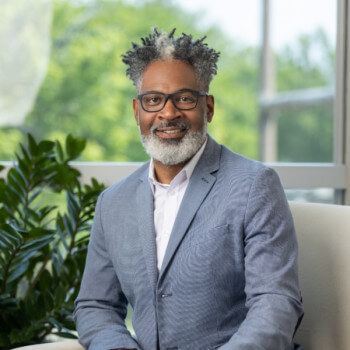
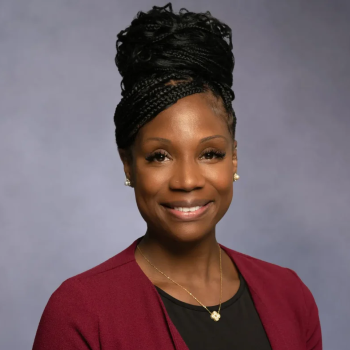
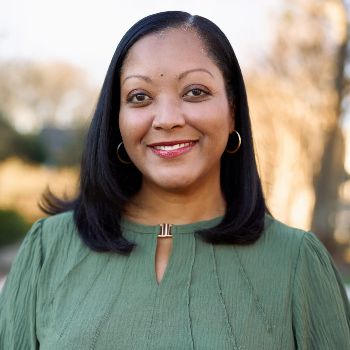
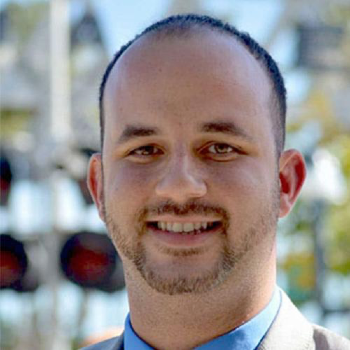
Philanthropy is evolving. The role of our sector is being redefined by changes in federal policy, shifts in public perception, and new norms for giving and grantmaking. In this interactive session, participants will review recent field survey findings on how foundations and donors are adapting to these shifts. After a short presentation, participants will discuss what the data means for their own work, while respondents listen and reflect. The conversation will close with respondent insights that connect themes from the room and highlight the strengths our organizations can draw on to meet this moment.

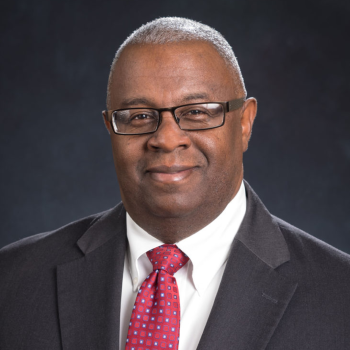

We’re living through a period of extraordinary disruption—where change is constant, and clarity is elusive. For philanthropic organizations, the waters have never been murkier. With markets shifting and economic signals sending mixed messages, how do you stay grounded?
Could your Investment Policy Statement use a refresh? Is this a good time to revisit your asset allocation strategy? And what about the OCIO model: Does it offer the stability and expertise you need right now?
Join us for a timely conversation designed to help you cut through the noise. We’ll explore three key considerations that can help your organization stay anchored today—and ready for whatever tomorrow brings.
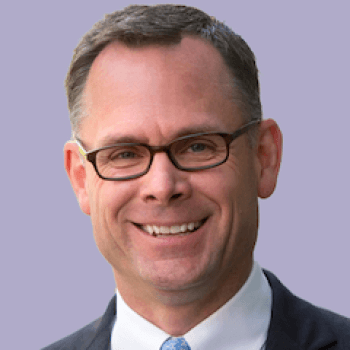
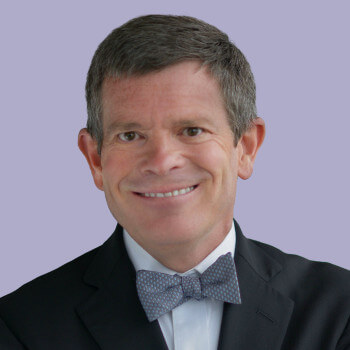
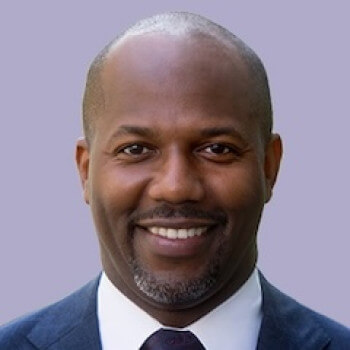
Leadership transition is one of the most important, least planned for, and necessary developments in any organization. The only organizations that do not need to plan for transition are those that go out of business before any changes are made, or whose leadership stays in place so long that the organization has lost its edge, its vitality, and its ground-breaking capacity – and it no longer matters.
In strong, vital organizations, transition is inevitable as well as necessary. No matter the cause – retirement, illness, or voluntary departure – the reins inevitably must pass hands for the organization to sustain vitality and relevance.
When there is no planning, the inevitable can be chaotic, uncertain, confusing, and debilitating, undermining the capacity of the organization to continue to do every day what it used to do all day. No one wants this, but it comes about in the absence of planning and a process to implement it.
In an effective organization, how the transition takes place makes all the difference. Join this session led by Unboxed Philanthropy to learn what needs to be done to plan an effective transition.
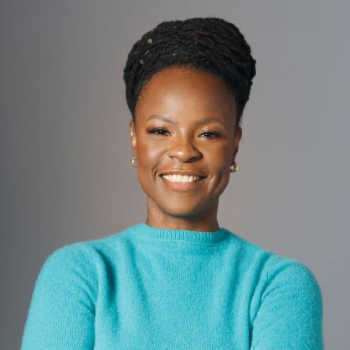
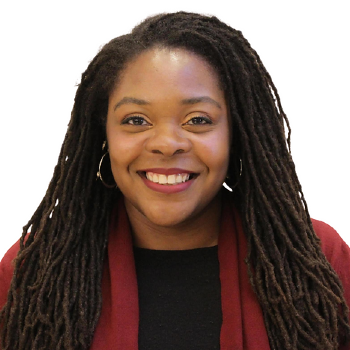
Trustees-Only Workshop (2:30pm-5:15pm)
External and internal disruptions, from developments in technology and government to unexpected leadership changes, require foundations to set aside old ways of doing their work and embrace 21st Century Thinking. While many organizations see themselves as adaptable, agile and responsive, our responses to disruption are often reactionary – but a foundation’s board, and the culture it develops, can change that.
In this interactive session designed for foundation trustees, you will learn how a culture of generative leadership and adaptability begins at the board level. Sylia Obagi, Executive Director of the Winston Family Foundation, will lead a conversation with Nathan Cummings Foundation President & CEO Rey Ramsey, a veteran of several high-profile, leading nonprofit organizations. Rey will share real-life examples of boards that have elevated their organization’s culture and ability to innovate and lead through the realities of the 21st century. Sylia, herself a trained change-management facilitator and governance expert, will then guide us through a workshop on elevating board performance by using the three modes of governance: fiduciary, strategic, and generative. While each mode is necessary, the generative mode of governance creates more opportunities for instilling a culture of innovation, future-thinking and adaptability as a grantmaking institution. Rey and Sylia will also engage participants in one-on-one conversations about board culture and effective governance.
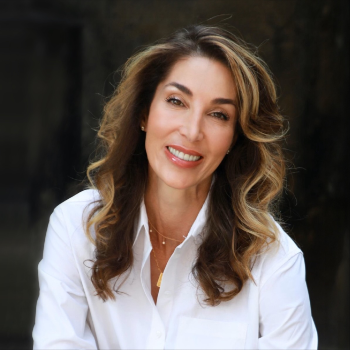
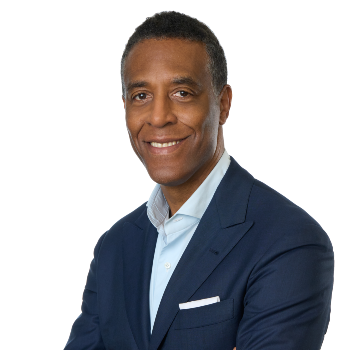
Breakout Session (4:00pm-5:15pm)
Join us for an insightful panel moderated by JPMorganChase Global Philanthropy, featuring research from the JPMorganChase Institute, Morehouse Innovation & Entrepreneurship Center, Nasdaq Entrepreneurial Center, and the Urban Institute. This dynamic discussion will explore the symbiotic relationship between philanthropy and research, highlighting how philanthropic efforts can bolster research initiatives and, conversely, how research can inform and enhance philanthropic decision-making to create thriving small business and entrepreneurship sectors, with particular focus on underserved entrepreneurs and undercapitalized markets. This panel promises to deliver actionable insights and foster meaningful dialogue on driving entrepreneurial success through informed philanthropic strategies.
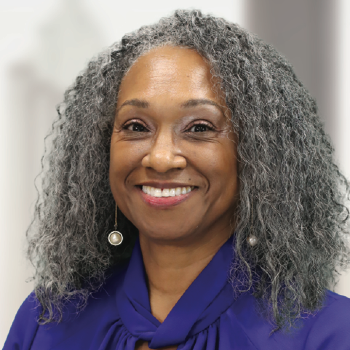
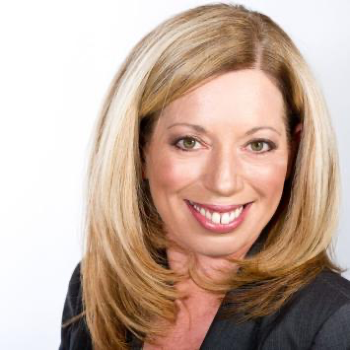
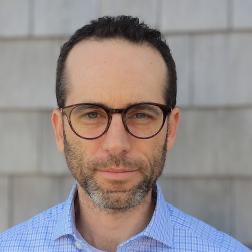
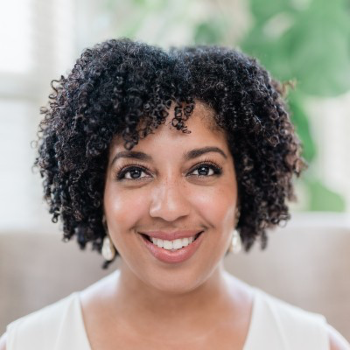
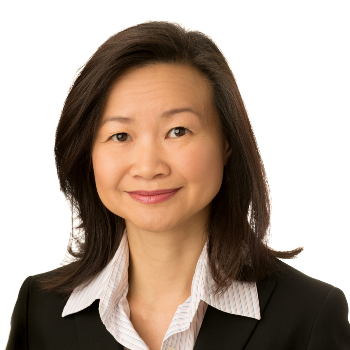
Evening Events (5:15-9:00pm)
Philanthropy Southeast’s strength and stability, as well as the Annual Meeting and other events and programs, would not be possible without the support of our sponsors and Sustaining Members – their contributions provide the resources necessary to fulfill our mission. The Philanthropy Southeast Board and staff will honor and celebrate our supporters at this exclusive event.
This salon dinner experience weaves together New Orleans' rich history, vibrant arts, and the crucial fight for justice. An intimate evening begins with short, reflective walks to two pivotal sites, grounding our conversations in the city's unique narrative of sacred ground and resilience.
First, we'll visit the Plessy v. Ferguson historic landmark, a powerful reminder of the enduring struggle for civil rights and the deep roots of racial injustice. This brief pause offers a moment to reflect on the ongoing work toward true equity. Next, we'll immerse ourselves in StudioBE, a dynamic cultural space celebrating Black artistry and storytelling, embodying the spirit of arts justice and community empowerment.
Our journey culminates at Sprout NOLA, where we'll gather for a truly special farm-to-table dinner. Sprout NOLA is a beacon of food and environmental justice, empowering local residents to grow their own food and fostering sustainable community gardens across the city. Its commitment to fresh, locally sourced produce directly supports a more equitable food system and healthier neighborhoods.
This curated dinner, prepared with passion by Sprout NOLA, will provide the perfect setting for thoughtful discussion and connection among all who attend. Engage in rich dialogue with Sprout NOLA and each other to explore how our collective work can further champion equity and justice in all its forms. All stops are conveniently within walking distance of one another, allowing for a seamless and enriching experience. Space is limited!
Cost: $125
Three years into piloting a catalytic community health worker (CHW) initiative in New Orleans neighborhoods experiencing the greatest health disparities, our cohort of artists and culture bearers, trained and employed as CHWs in Ashé's I Deserve It! program share their stories, their outcomes, and their creative offerings in an evening of solution sharing, solidarity building, dream weaving, wellness activities, and culinary delight.
Ashé explores the role of culture in fostering community well-being through cultural practices and traditions that promote social cohesion and resilience. Discussions focus on strategies for leveraging culture to address community challenges and strengthen collective identity. Space is limited!
Cost: $125
Experience an unforgettable evening in one of the nation’s most iconic urban green spaces: New Orleans City Park, a 1,300-acre oasis that's nearly twice the size of New York's Central Park and ranks among the 20 most visited urban parks in the country. A progressive dinner will showcase the beauty of the park and the impact of two inspiring local organizations.
The evening begins with cocktails and appetizers at Grow Dat Youth Farm, where young people are trained to grow food, lead peers, and engage in meaningful work that supports their community. Grow Dat cultivates both crops and confidence, empowering youth through a model that integrates leadership, health, and sustainability.
We’ll then move to dinner at the Louisiana Children’s Museum, a LEED-certified facility that combines indoor and outdoor learning experiences designed to support the development of the whole child. With a focus on play, education, and family engagement, the museum offers interactive exhibits and programming that spark curiosity and strengthen early childhood outcomes across Louisiana.
Come ready for great conversation, local flavors, and a deeper connection to the vibrant work taking root in New Orleans. Space is limited!
Cost: $125
This is a ticketed event. You may purchase tickets here.
Morning Plenary Session (7:30-9:30am)
Priya Parker, a seasoned conflict resolution facilitator, educator, and researcher, wants to challenge the routines and conventions that turn well-meaning gatherings into lackluster events. In provocative, funny, and warm moderated conversations, Parker provides candid and lens-shifting advice on the principles of meaningful connection. Drawing from her expertise in conflict resolution and group dynamics, she shares practical strategies for fostering engagement, belonging, and innovation. Parker reveals how thoughtful design, purpose-driven invitations, and inclusive facilitation can turn any meeting or event into a powerful experience. No matter what type of event you're planning, you will leave this session with the tools to create gatherings that inspire, connect, and drive lasting impact.
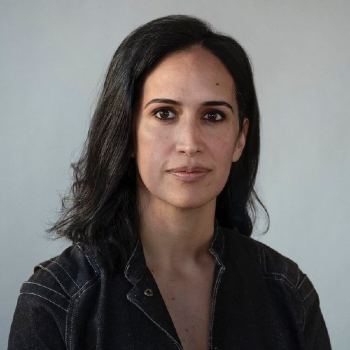
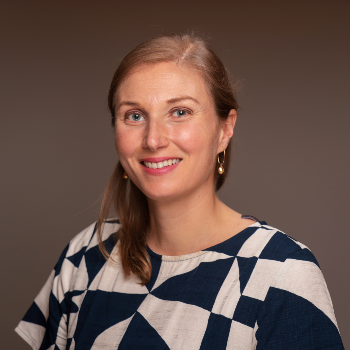
Breakout Sessions (9:45-11:00am)
America’s immigration debate is complex and touches on many aspects of our nation and region, including economics, security, and social justice. While opinions vary and are often rooted in the current political divide, the fact remains that immigrants are, and always have been, key contributors to Southern civic, economic, and cultural life, and are integral to our region’s progress and future. Efforts to deprive people of legal status, slow or stop legal immigration pathways, and bypass due process protections will have a profound impact on communities throughout our region. Join experts from the ACLU, Justice in Motion and Truist’s Foundations & Endowments Specialty Practice for an informative discussion about the state of immigrants today, key issues affecting the South, and the role that we as philanthropists can play to help address urgent needs and strengthen our communities.
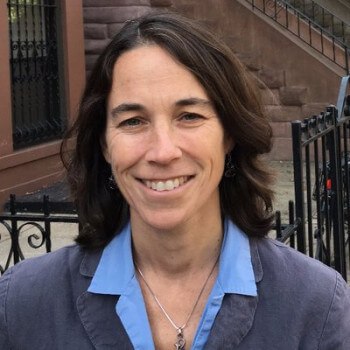
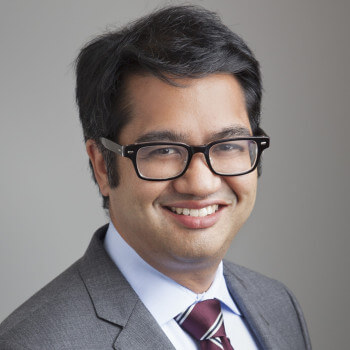

More details about this session will be announced soon!
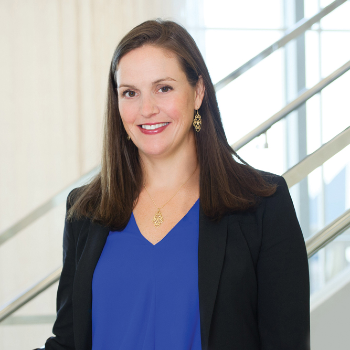
Come hear from organizations that are not only leveraging their non-financial capital – social, moral, reputational, intellectual – but also finding new ways to deploy financial capital beyond traditional grantmaking. Speakers will discuss how their organizations are working to do more for their grantees and the importance of the SMIRF framework, public-private partnerships, and professional development initiatives that help grantees build internal capacity.

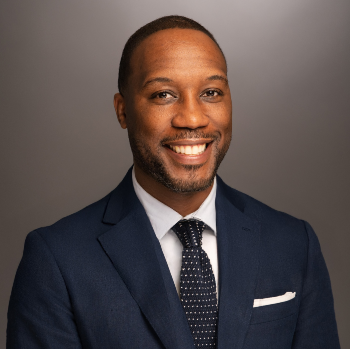
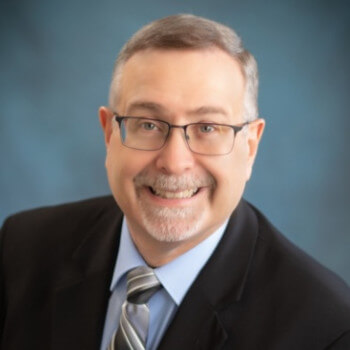
The most courageous foundations do more than fund programs — they champion stories that ignite hearts, build deep trust, and drive impact from the inside out.
In this high-energy, no-fluff session, you’ll uncover the 4 core stories every foundation must tell — and how to use them to transform communications into your most powerful force for influence and alignment.
You’ll discover how to:
- Turn your mission into momentum by crafting stories that spark action, mobilize supporters, and place your work at the center of urgent conversations.
- Build durable community trust that draws in long-term allies, strengthens partnerships, and multiplies the power of every dollar you invest.
- Unify your team behind one bold message so everyone — from staff to board to grantees — speaks with clarity, confidence, and conviction.
You’ll leave with a proven communications playbook — one that makes your message impossible to ignore, your impact unmistakable, and your hope contagious.
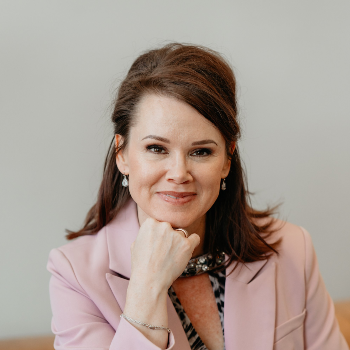
Foundations are built on vision and rooted in the values and intent of a donor. But what happens when the world around us shifts in ways our founders may not have imagined? Immigration patterns, climate change, aging populations and more have impacts on and reshape our communities in real time. As these changes unfold, how do we honor donor intent while making space for the needs of today and tomorrow?
Facilitated by leaders from the National Center for Family Philanthropy, this session invites a candid, hopeful conversation about how donor intent can evolve to stay relevant, responsive, and rooted in purpose for foundations of all types. Panelists will share real case studies about how their foundations have evolved over time and we'll explore the why and the how of the organizational work required to thoughtfully adapt.
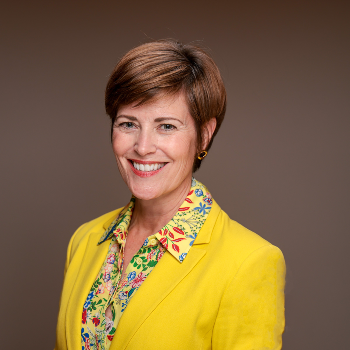
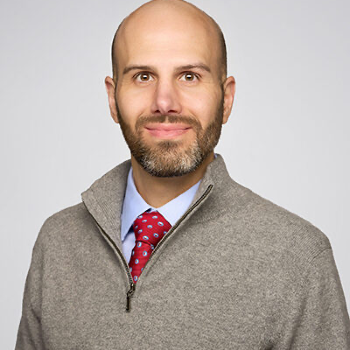
What does it truly mean to lead with vision in philanthropy? This session invites community leaders, funders, and changemakers to explore how vision can guide philanthropic action across a wide spectrum of approaches.
Together, we will:
- Acknowledge the Moment: Reflect on the current challenges facing communities and shaping our funding landscapes.
- Encourage and Motivate Participants: Inspire all attendees to recognize their potential and the steps to take to move their philanthropic endeavors forward.
- Map Boldness on a Spectrum: Illustrate the wide range of ways to be bold in philanthropy, from incremental changes to transformative actions.
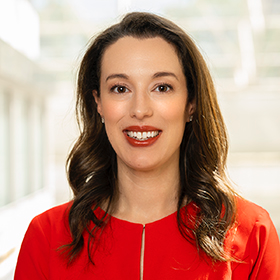
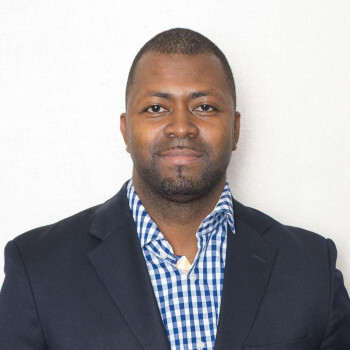
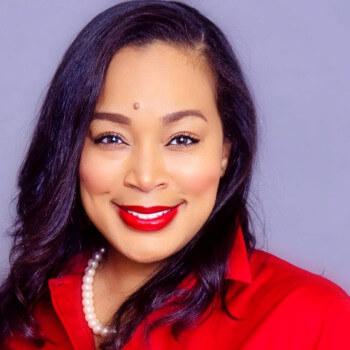
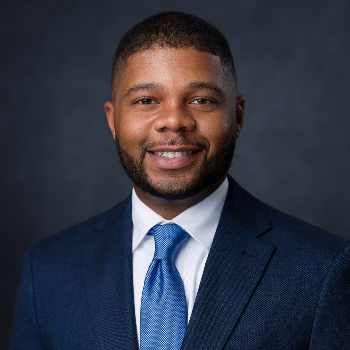
Closing Session (11:15am-12:30pm)
The Annual Meeting concludes with an opportunity to take what we've learned and use it as a lens to help understand where our field and our region stand during a time defined by internal and external challenges – and to help us forge a path forward.
